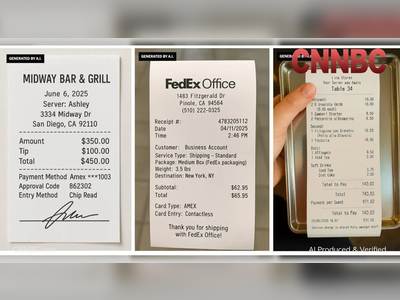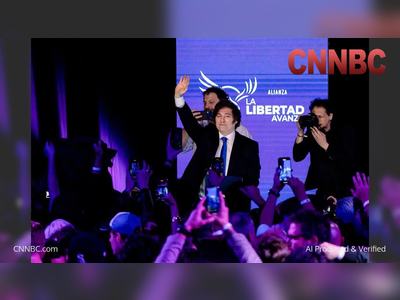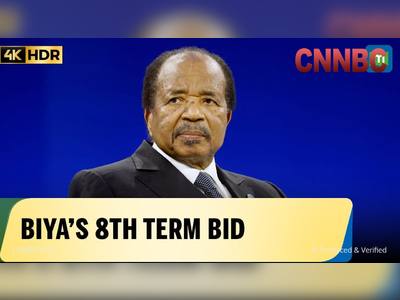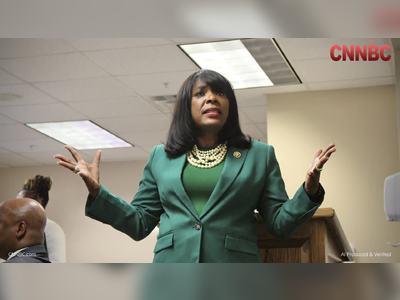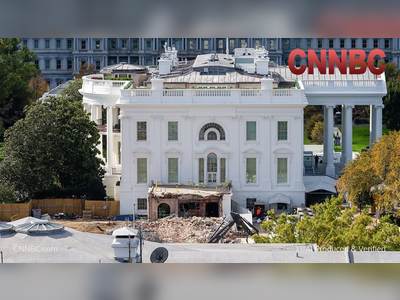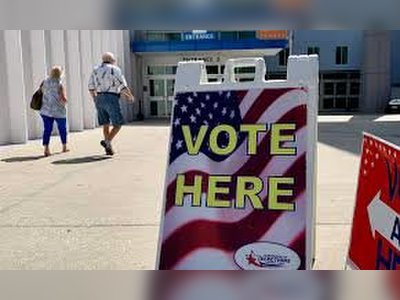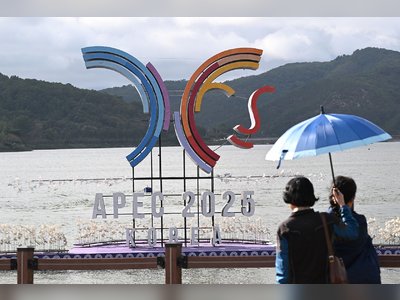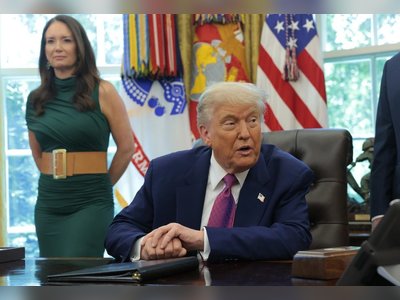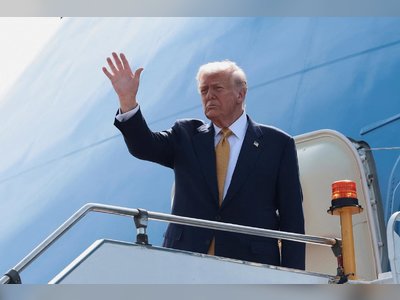Trump Escalates Military Action in Venezuela Amid Domestic Political Strategy
The administration stresses drug-trafficking threat while critics argue regime change and coalition management are primary motives
President Donald Trump’s administration has initiated a marked escalation in military operations against Venezuela, culminating in lethal strikes on vessels off its coast and approved covert actions by the CIA inside the country.
The U.S. now regards itself as in a “non-international armed conflict” with designated drug and terror groups linked to Venezuela, framing the campaign as a national-security imperative to curb narcotics and safeguard American lives.
Since early September, at least five strikes on boats alleged to be smuggling narcotics from Venezuelan waters have resulted in more than 25 fatalities.
In one operation, defence officials said four men were killed after a vessel near Venezuela’s coast was destroyed under the direct orders of Trump via Secretary of War Pete Hegseth.
Official statements claim the vessels were affiliated with groups such as Tren de Aragua, which Washington has labelled as foreign terrorist organisations.
On October 15, the White House publicly confirmed that Mr Trump authorised covert action by the Central Intelligence Agency inside Venezuela with the strategic objective of removing President Nicolás Maduro from power — an extraordinary admission of intent in this hemisphere.
At the same time, the administration placed a US$50 million bounty for information leading to Maduro’s arrest, citing drug-trafficking allegations.
Though the rhetoric emphasises drug interdiction, analysts believe the deeper priority is domestic politics: the president is appealing to elements of his coalition — such as oil-sector interests, hard-line nationalists, and Florida’s Cuban- and Venezuelan-American voters — by projecting decisive action abroad.
Meanwhile, U.S. ranchers and other agricultural stakeholders worry the heavy focus on military options signals broader trade-and-industry flexing rather than concrete support for their sectors.
Legal experts have raised alarms that the strikes and designation of cartels as combatants may bypass established congressional war-powers protocols and international-law norms.
The government’s video of an airstrike destroying an alleged drug-trafficking vessel in international waters, without offering coherent public evidence, has prompted scrutiny from human-rights groups and foreign governments.
For Venezuela’s regime, the physical and diplomatic pressure is intensifying.
Caracas has accused the United States of preparing a full-scale invasion, while simultaneously seeking rapprochement with Russia and China to offset U.S. isolation.
In Washington, Congress remains sharply divided over the scope and legality of the president’s forces in the Caribbean and Latin America.
The coming weeks will test whether the campaign achieves its stated objective of disrupting narcotics flows — or whether it becomes a prolonged proxy effort with unforeseen consequences.
The U.S. now regards itself as in a “non-international armed conflict” with designated drug and terror groups linked to Venezuela, framing the campaign as a national-security imperative to curb narcotics and safeguard American lives.
Since early September, at least five strikes on boats alleged to be smuggling narcotics from Venezuelan waters have resulted in more than 25 fatalities.
In one operation, defence officials said four men were killed after a vessel near Venezuela’s coast was destroyed under the direct orders of Trump via Secretary of War Pete Hegseth.
Official statements claim the vessels were affiliated with groups such as Tren de Aragua, which Washington has labelled as foreign terrorist organisations.
On October 15, the White House publicly confirmed that Mr Trump authorised covert action by the Central Intelligence Agency inside Venezuela with the strategic objective of removing President Nicolás Maduro from power — an extraordinary admission of intent in this hemisphere.
At the same time, the administration placed a US$50 million bounty for information leading to Maduro’s arrest, citing drug-trafficking allegations.
Though the rhetoric emphasises drug interdiction, analysts believe the deeper priority is domestic politics: the president is appealing to elements of his coalition — such as oil-sector interests, hard-line nationalists, and Florida’s Cuban- and Venezuelan-American voters — by projecting decisive action abroad.
Meanwhile, U.S. ranchers and other agricultural stakeholders worry the heavy focus on military options signals broader trade-and-industry flexing rather than concrete support for their sectors.
Legal experts have raised alarms that the strikes and designation of cartels as combatants may bypass established congressional war-powers protocols and international-law norms.
The government’s video of an airstrike destroying an alleged drug-trafficking vessel in international waters, without offering coherent public evidence, has prompted scrutiny from human-rights groups and foreign governments.
For Venezuela’s regime, the physical and diplomatic pressure is intensifying.
Caracas has accused the United States of preparing a full-scale invasion, while simultaneously seeking rapprochement with Russia and China to offset U.S. isolation.
In Washington, Congress remains sharply divided over the scope and legality of the president’s forces in the Caribbean and Latin America.
The coming weeks will test whether the campaign achieves its stated objective of disrupting narcotics flows — or whether it becomes a prolonged proxy effort with unforeseen consequences.

